Vaccine Inequality: Everyone counts in the battle against COVID-19
Over the past months, vaccination rates around the developed world have been steadily increasing. In the US, President Biden exceeded his goal of administering over 100 million doses during his administration’s first 100 days. Israel succeeded in vaccinating an even higher percentage of its population in record time. In consequence, developed countries around the world are now re-opening for tourism, as signs of economic recovery are being witnessed.
The COVID-19 vaccine is almost nowhere to be found in the developing world. While some countries can't obtain a single dose of the vaccine, rich nations have vaccinated their citizens at a rate of one person per second over the last month. Despite efforts by the World Health Organization COVAX facility, only three percent of the population in developing countries who are l hoping to be vaccinated by mid-year will get it, one-fifth by the end of 2021, an ambitious projection, according to epidemiology experts.
From a scientific perspective, public health experts warn of many issues, including the emergence formation of COVID-19 variants that behave differently than the original virus. As the virus spreads fast among not vaccinated people, it creates variants, adding up mutations rapidly and creating an issue that not even the existing vaccines can overcome.
COVID-19 mutants may influence the progress of the developed world towards herd immunity. The emergence of COVID-19 variations that the vaccine may not be able to protect against is one of the issues that will arise when we witness inaccessibility to COVID-19 vaccines around the world. The race to herd immunity should not be country-specific and restricted by vaccinating only a selected few countries. By doing that, we are setting the stage for mutant viruses. As developed countries continue to vaccinate their population, collaborative initiatives should be put in place to ensure equal access to vaccines in the developing world.
Another cause of concern is what is called ‘vaccine diplomacy’. This refers to the use of vaccination supply and distribution to improve a given country's diplomatic relations and use it as a tool for political gain in the international relation scene. Examples include Australia's provision of early access to vaccines to the Pacific countries and Southeast Asia. Israel provided many doses to other countries in return for embassies in Jerusalem. The US, Japan, and Germany followed similar tactics, creating fear of vaccine nationalism - when rich and developed countries begin benefiting and leveraging their home-produced vaccine for political, social, and monetary gain. This was witnessed during the Ebola crisis earlier in the last decade. The world needs a better approach to the COVID-19 pandemic.
In conclusion, by supporting the vaccinations of the rest of the world, in an ethical, transparent way, developed countries can save in turn their own population. It is clear now that we cannot leave other countries behind by creating vaccinated bubbles. We are yet to know if the vaccines in the market can protect against variant forms of COVID-19 and need to eliminate the cause that allows mutant variants to develop in the first place.
It is highly commendable that the U.S. said last week that it supports a WHO-proposed, temporary waiver of intellectual property restrictions, aiming to accelerate the production of vaccines globally. When it comes to the battle against the COVID-19 pandemic, everyone counts. In our new reality with vaccine shortages, no one should be left behind.
References
Varshney, S. K., and N. K. Prasanna. "Vaccine diplomacy: Exploring the benefits of international collaboration." Trends Biotechnol 15 (2021): 110-114.
Sharun, Khan, and Kuldeep Dhama. "COVID-19 vaccine diplomacy and equitable access to vaccines amid ongoing pandemic." Archives of Medical Research (2021).
Yeh, Ting-Yu, and Gregory P. Contreras. "Emerging viral mutants in Australia suggest RNA recombination event in the SARS-CoV-2 (COVID-19) genome." The Medical Journal of Australia (2020): 1.
Li, Rong, et al. "Differential efficiencies to neutralize the novel mutants B. 1.1. 7 and 501Y. V2 by collected sera from convalescent COVID-19 patients and RBD nanoparticle-vaccinated rhesus macaques." Cellular & molecular immunology 18.4 (2021): 1058-1060.

